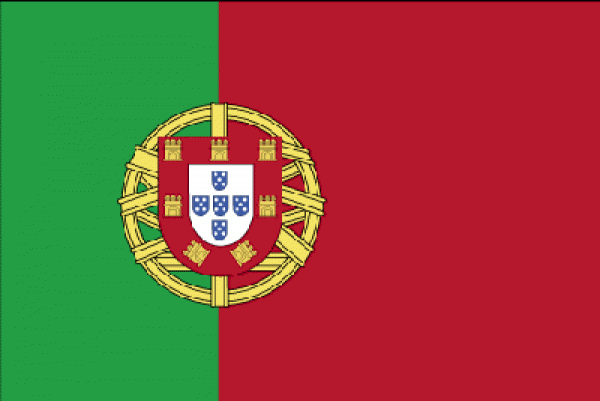Portugal Latest EU Country to Take Stand Against External Online Gambling

The bitter battle between private betting companies and EU countries that operate state-owned gaming systems took a new twist on Tuesday when a senior adviser at Europe's top court said that it was up to the local courts to decide whether Portugal acted legally when it extended its gambling monopoly to internet-based betting.
An advocate-general at the European Court of Justice said that the Portuguese decision to prohibit online gaming operators based outside the country from offering online services could be legal if it met certain conditions.
These would include a public interest test and necessary protection of consumers. The advocate-general said that it would be up to the national court in Portugal to decide whether the Portuguese legislation was, indeed, appropriate for meeting those aims.
The case is the first in which the ECJ has considered whether a country can legitimately extend a state gaming monopoly to the internet, and could have wide implications. Private gaming companies, keen to expand their operations in the EU's €400bn ($540bn, £280bn) gambling market, have argued repeatedly that restrictions aimed at keeping them out of certain countries breach principles of free and fair trade.
The Portuguese case began when Bwin, an online betting company in Gibraltar, and the Liga Portuguesa de Futebol Profissional were fined €74,500 and €75,000 respectively for offering "mutual betting by electronic means" and advertising their services.
However, the companies contested the fines and questioned the legitimacy of the Portuguese law extending the gaming monopoly to online betting.
----
Nikki Tate, Financial Times













